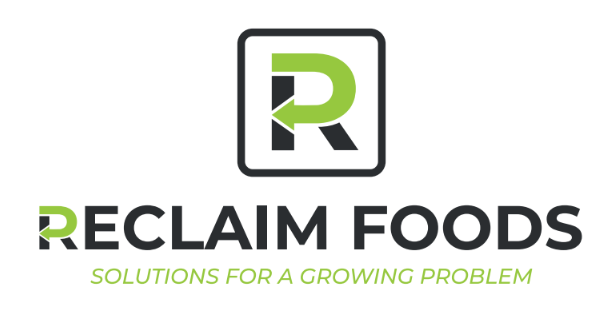Australia aims to halve food waste by 2030, in line with the United Nations Sustainable Development Goal 12.3. Actions to be taken to reduce food waste are outlined in the National Food Waste Strategy, Roadmap and the National Waste Policy Action Plan.
One of the actions included is support for education campaigns: Increasing public awareness about the scale of the food waste problem and its negative impacts is an important part of reducing food waste, particularly in households.
Australian households are responsible for the bulk of food waste (2.46 million tonnes). When it comes to who wastes the most food in Australia among households, it’s young consumers (18-24), families with children and households with incomes over $100,000.

